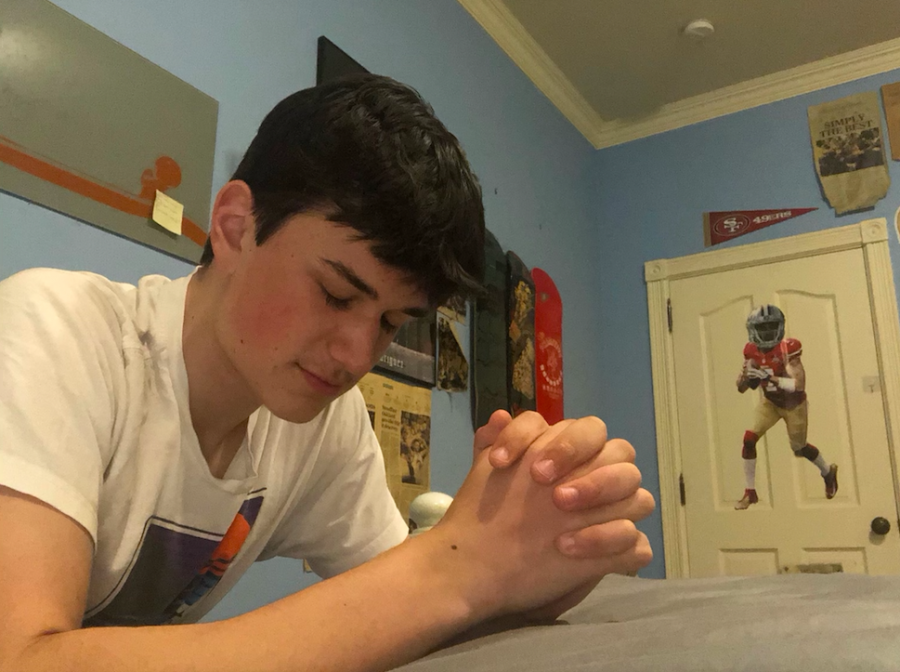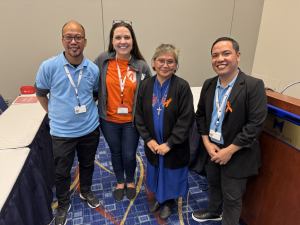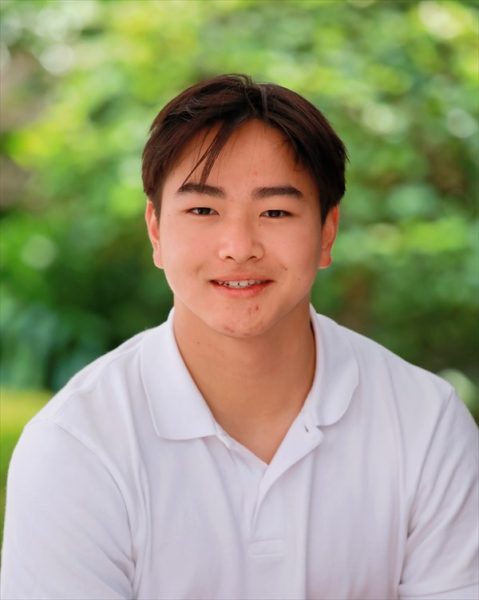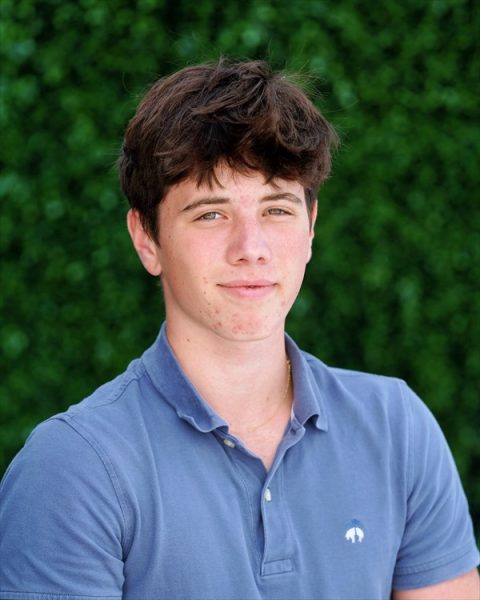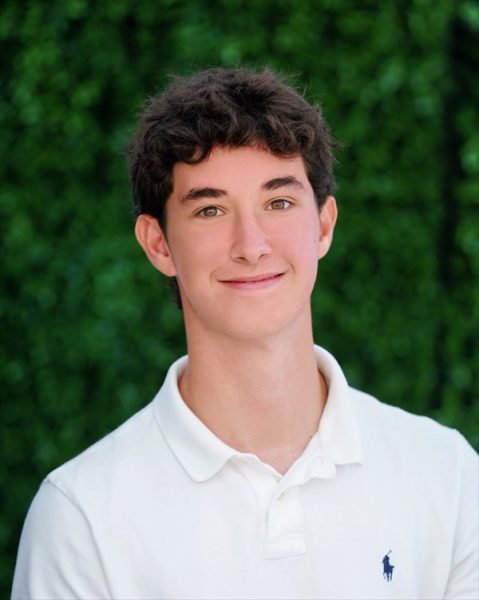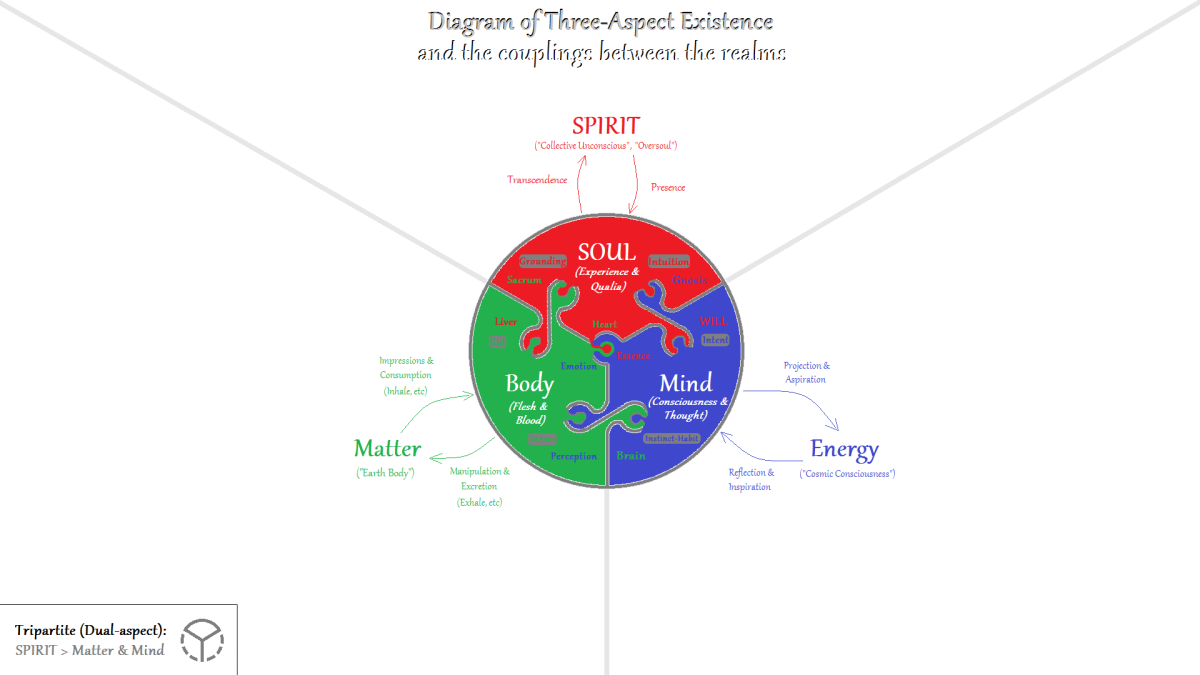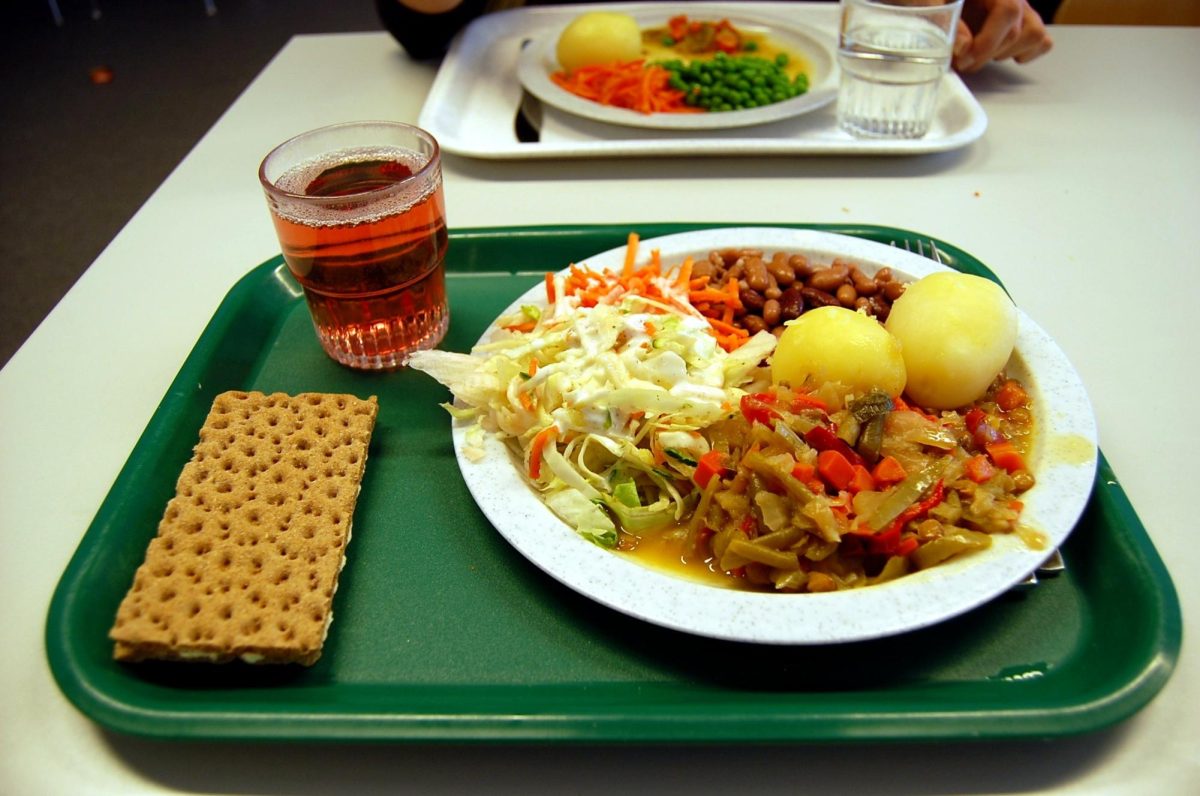Pandemic prohibits access to places of worship
Families adapt, continue religious practices at home
Connor Zanoli | With Permission
Junior Connor Zanoli prays in his room during lockdown. Christians like Zanoli, as well as other religious students, have been unable to go to church due to social distancing restrictions.
October 27, 2020
Because California closed all places of worship and prohibited large gatherings on March 19 in response to the COVID-19 pandemic, students have been experiencing a drastic change in the way they observe their religious practices.
“I am decently religious but I definitely could take my church and faith more seriously,” junior Bo Darwin said. “Before COVID-19 I attended church regularly, almost every Sunday with a few exceptions, as well as most Sunday nights for youth groups. Recently, we’ve had an online service every Sunday which I sadly haven’t been attending much at all.”
Darwin attends St. Mary’s Church, and other students such as junior Connor Zanoli, agree with his view of online services.
Zanoli said before the COVID-19 pandemic, he attended Sunday mass at St. Ignatius Church weekly. In addition to missing weekly services, Christians also missed Easter.
“Every year my family visits my grandma in Los Angeles and goes to her church Easter morning,” Darwin said. “We sadly weren’t able to do that this year, which led to a very dull Easter. COVID-19 has definitely taken away from holidays.”
Other major religious traditions, such as the Islamic Hajj pilgrimage and the Jewish holiday Rosh Hashanah, also occurred during lockdowns.
“My family identifies as culturally Jewish but we don’t follow many of the Jewish rules,” junior Zeke Noveshen said. “The High Holy Days just ended, so they happened during COVID-19. These few days are the days I normally go to synagogue, and it felt really different.”
Despite lockdowns significantly altering the ways people celebrate important holidays, both Darwin and Noveshen say they adapted in order to continue engaging with their respective religious communities.
“We had services virtually, where our rabbi held a Zoom meeting,” Noveshen said about his Rosh Hashanah celebration. “My whole family fasted, and we went to our family friend’s house and ate outside to celebrate while ‘Zooming’ with everyone we would normally see in person.”
In addition to Rosh Hashanah, Yom Kippur — the Jewish Day of Atonement — also occurred while synagogues were closed.
“On Yom Kippur, we normally take a family walk,” Noveshen said, “but my sister is away in college, so we could not be with her.”
Noveshen said his family instead spent time reflecting in nature for the holiday. On the other hand, Darwin’s church
youth group recently began meeting in person again, something he says brought him closer to his faith community.
“With the start of COVID-19 bringing an end to my youth group and in-person mass, I lost my vision for a solid future with my fellow churchgoers and faith family,” Darwin said.
During their meeting, Darwin and the youth group got ice cream at Ghirardelli Square and then walked back to the parish.
“I am still trying to maintain the relationships with people my age at my church through an online youth group, which I used to attend fairly regularly Sunday night,” Darwin said. “Now that we are finally starting to transition back into in-person meetings every Sunday, much-needed joy and human contact has been brought back into my life.”


